There are always a handful of new or trendy skincare ingredients that find their way into the spotlight each year. And while some appear deserving of their hype even without further research (e.g., vitamin C), others may make you do a double-take (e.g., bee venom, anyone?).
So, to help you navigate the tricky waters of skincare ingredients, this article dives into the ins and outs of the top five trending – including whether they even work at all.
#1: Bee venom
Wait a minute. Bee venom? Well, don't knock it till you've tried it! As it turns out, bee venom (the colorless, liquid poison a bee deposits from its stinger) has powerful antibacterial and anti-inflammatory benefits that may help you keep those pesky blemishes at bay. If you’re struggling to believe that, perhaps this 2016 study could help convince you. The researchers found that 77% of participants with mild to moderate pimples experienced an improvement in skin appearance after using a serum formulated with purified bee venom twice daily (compared to the placebo).
In addition to its pimple-busting benefits, bee venom may also reduce the appearance of wrinkles. Often touted as “nature’s Botox,” it could temporarily relax facial muscles – creating a tighter and smoother complexion. This isn’t simply postulation, either. There’s actual research supporting it! A 2015 study involving 22 women found that the twice-daily application of a facial serum containing bee venom significantly reduced wrinkle depth and total wrinkle count compared to the placebo.
#2: Vitamin C
Here’s the short of it: Vitamin C truly works. As a potent antioxidant, vitamin C helps your skin fend off oxidative damage stemming from daily aggressors like unprotected UV exposure and air pollution – the most significant contributors to premature aging (i.e., uneven skin tone, sagging skin, fine lines, and wrinkles). In other words, you can count on vitamin C to “rejuvenate” the skin, effectively addressing a range of common complexion concerns including dullness, uneven texture, and fine lines.
Oh, and better still? Vitamin C also has a hydrating effect on the skin. According to a 2013 review, for instance, magnesium ascorbyl phosphate (a vitamin C derivative used in skincare) helped decrease trans-epidermal water losses, promoting higher moisture levels in the skin. This, in turn, helps give the skin a healthy, plump, and "bouncy" appearance.
#3: Vaseline
Here's something you might not have known: petroleum jelly – a mixture of mineral oils and waxes – is the main ingredient of Vaseline. So, now, let’s discuss the question most relevant to this article: “Is petroleum jelly beneficial to the skin?” Answer: it depends. On what? Your skin type. That’s because petroleum jelly works as an occlusive ingredient; it acts as a seal to “trap” existing moisture into the skin. It’s a lifesaver for individuals with dry skin.
But the same doesn’t hold for those with super oily or acne-prone skin. Remember how petroleum jelly acts as a sealant? Well, that also means that it may trap all the sebum, contributing to a flare-up. Note: the American Academy of Dermatologists advises against applying petroleum jelly on the face for those with acne-prone skin.
#4: Snail slime
What benefits can the topical application of snail slime (yes, this refers to the actual mucus snails secrete as they slither around) offer? According to mucin-containing beauty product makers, many – from smoothing wrinkles, healing wounds, and even reducing scars. But the truth? Well, studies are limited, and the ones highlighting significant benefits (i.e., fewer fine lines and wrinkles) post-application tend to be funded by companies selling slime-infused beauty products. Hardly objective there, right?
Bottom line? The jury's still out on snail slime.
#5: Bakuchiol
Retinol has long been heralded as the go-to anti-aging skincare ingredient. It promotes skin cell turnover, boosts collagen production, fades hyperpigmentation, and fights acne. A complete powerhouse. But the only problem? It can be irritating to sensitive skin. This, in turn, explains why bakuchiol has been making waves in the beauty industry. Described as "retinol's gentler sister," this botanical ingredient is said to help prevent fine lines and wrinkles, plus help with pigmentation, elasticity, and firmness (i.e., all of retinol’s skin benefits) – sans the typical irritation experienced with retinol application.
Oh, and here's the cherry on top: unlike retinol, which can increase the skin's sensitivity to the sun, bakuchiol may help make the skin less sensitive to the sun's harmful rays. Still, that doesn't mean you can forgo wearing SPF during the day! So, does bakuchiol deserve all its rave reviews? It's a solid yes.
#6: Collagen
Among other roles, collagen is the main structural protein in the body responsible for giving you plump, youthful-looking skin. But thanks to aging, your body naturally starts reducing collagen production (note: 1% decline yearly once you hit your 20s). The result? Fine lines, wrinkles, and sagging skin. As such, the concept of “replenishing” the skin’s collagen supply through topical application is incredibly appealing. Smooth a thick layer of collagen-infused night cream – and wake up looking five years younger. But does it work?
Not really. Owing to its large size, the collagen molecule can’t penetrate the epidermis (the outer layer of your skin) when applied topically. Meaning? Putting collagen on your skin isn’t going to stimulate collagen synthesis. And just in case you were wondering about hydrolyzed collagen (i.e., collagen that’s been enzymatically broken down into its building blocks, peptides) … while it could potentially get past the epidermis, there’s still no evidence to suggest that it would lead to increased collagen production. The best it appears to do is hydrate the skin. So, myth busted.
There is no single magic skincare ingredient
Ultimately, it's worth remembering that no single skincare ingredient – regardless of its hype – can give you healthy skin if you're not practicing healthy lifestyle choices, like protecting yourself from the sun, staying well-hydrated, appropriately managing stress levels, heading to bed early (or earlier), and eating a balanced diet. So, make sure you focus on those before making drastic changes to your skincare routine!








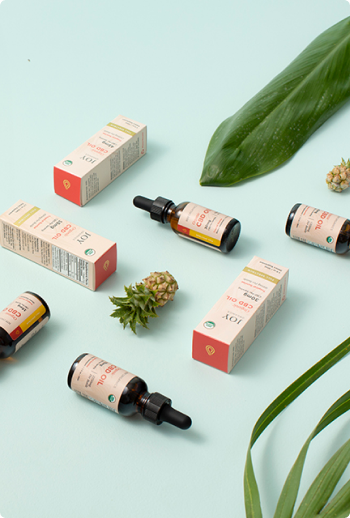
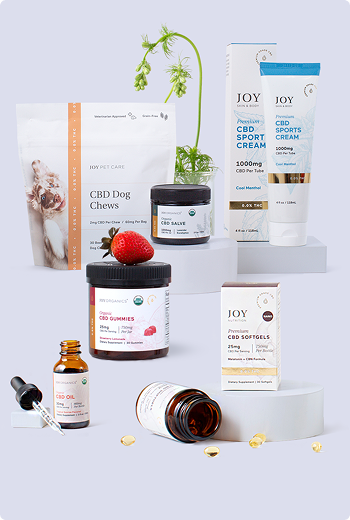
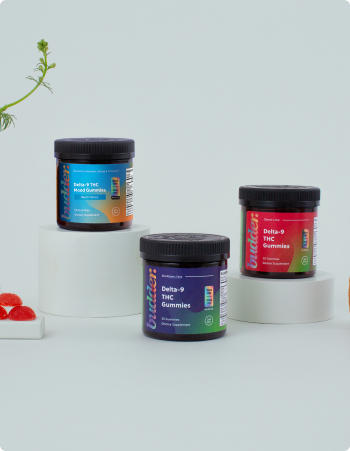













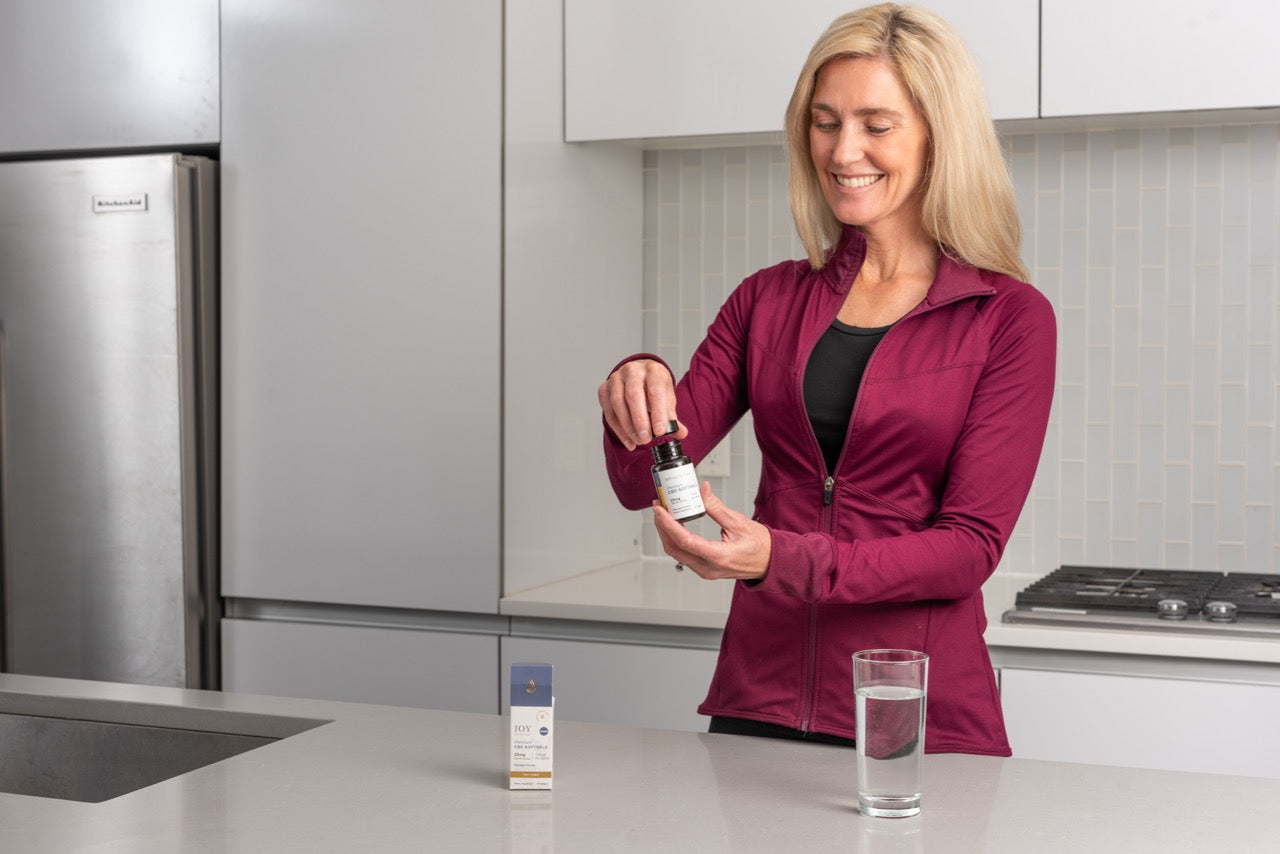

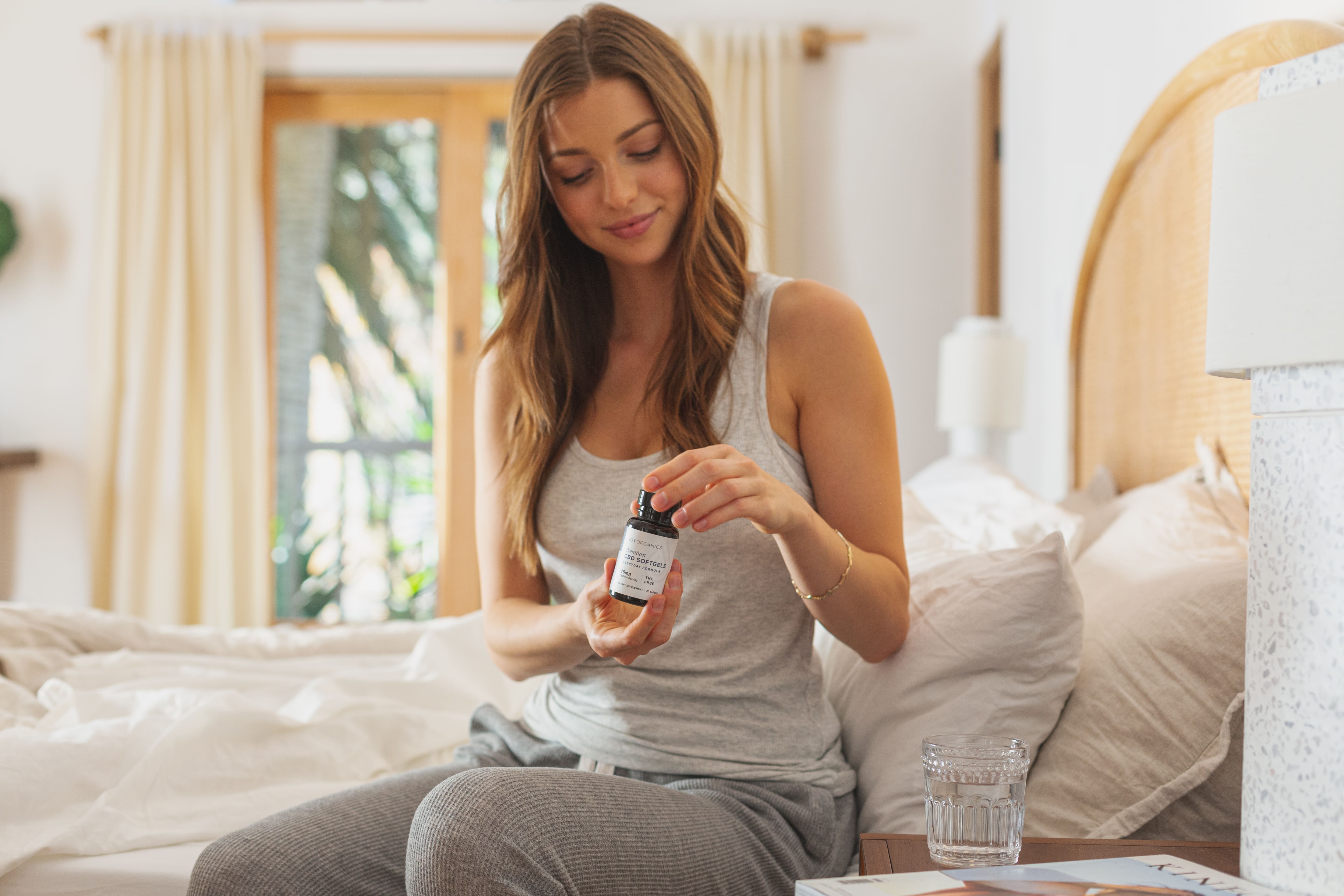



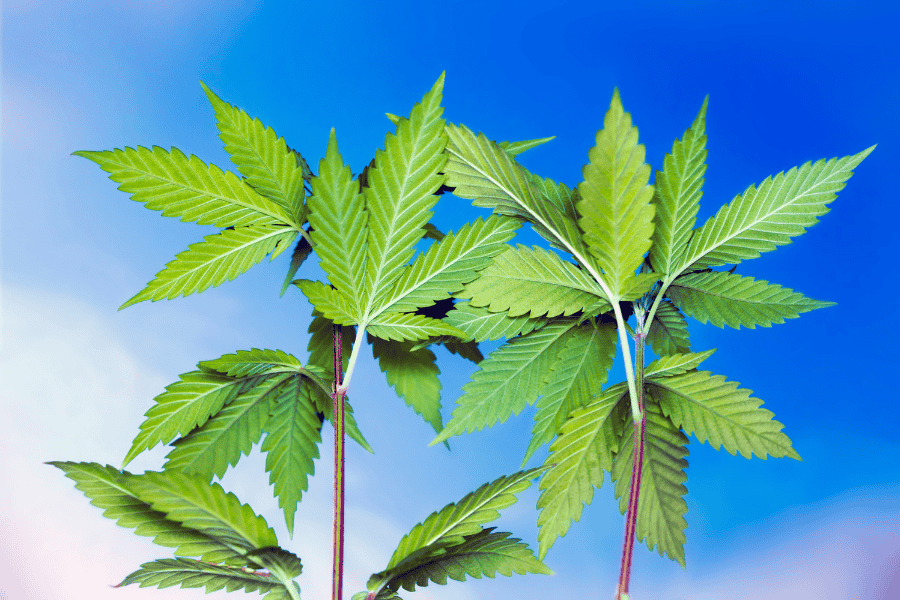

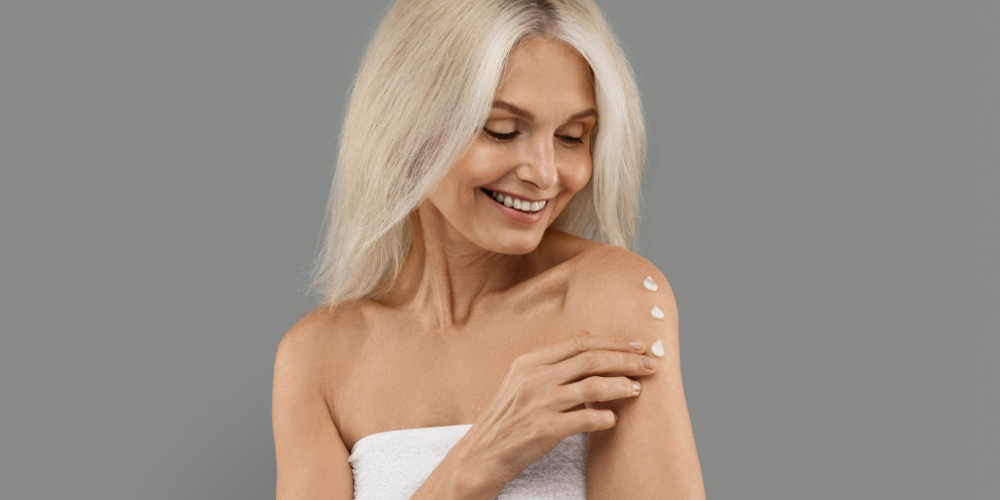
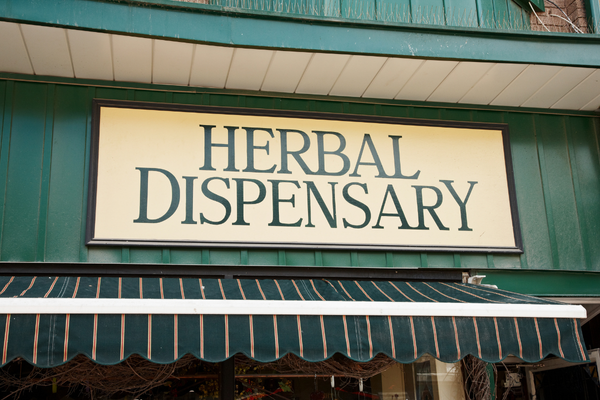



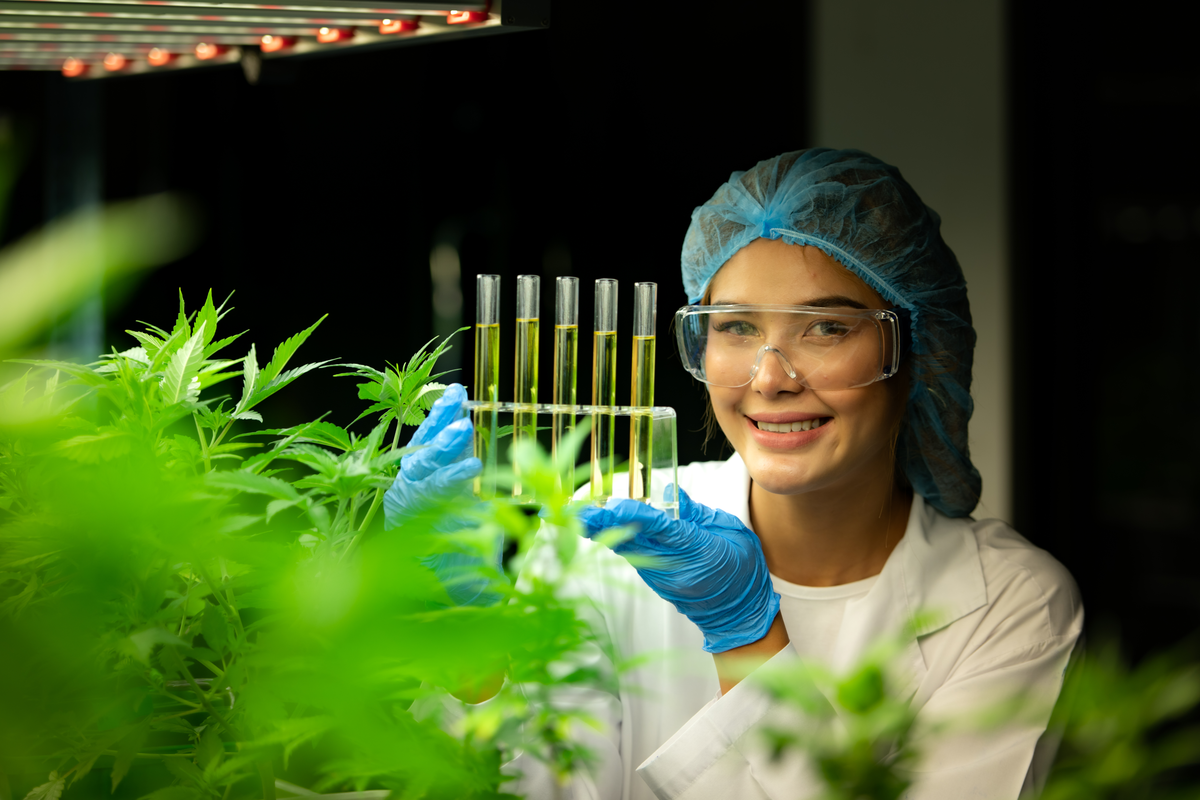

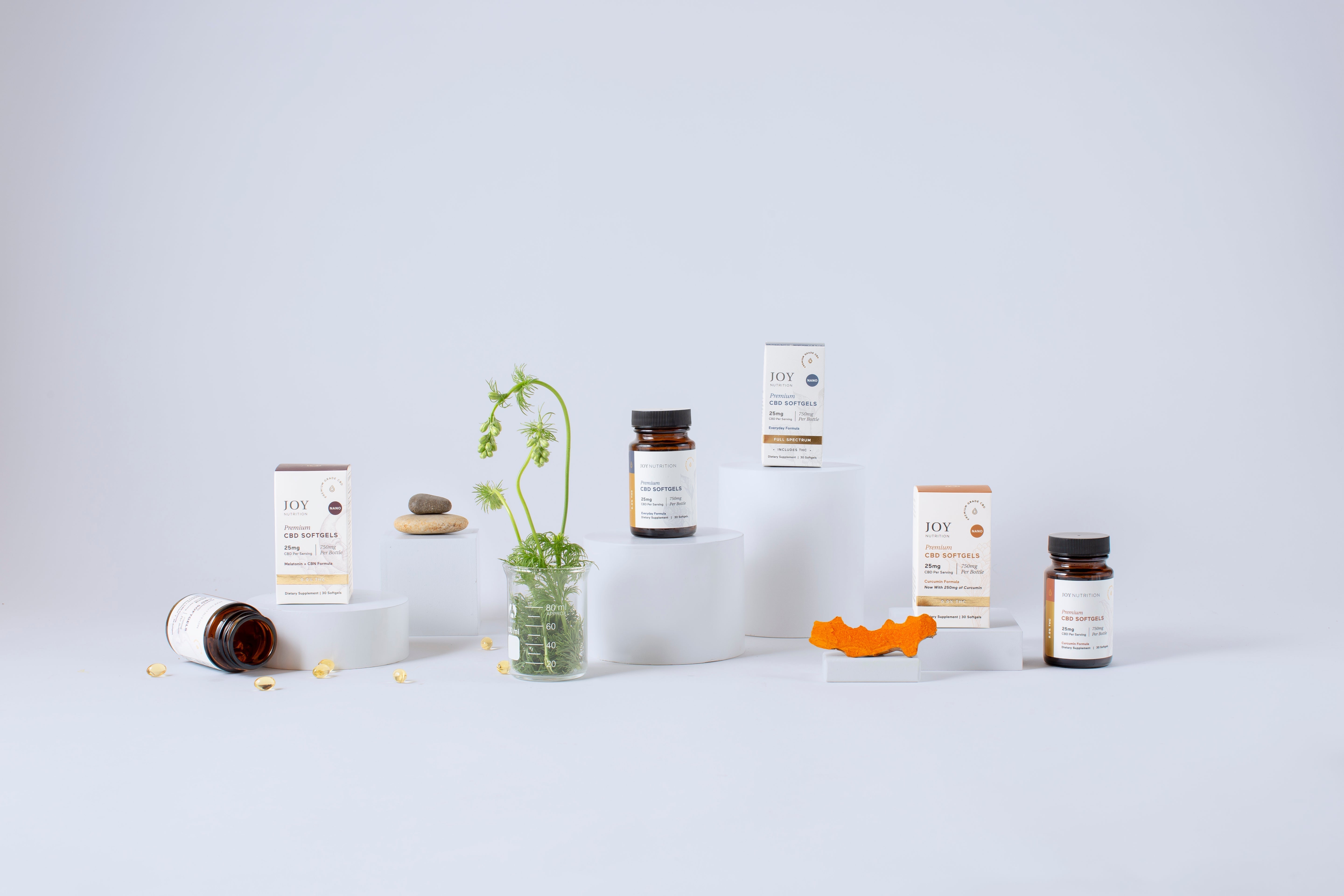
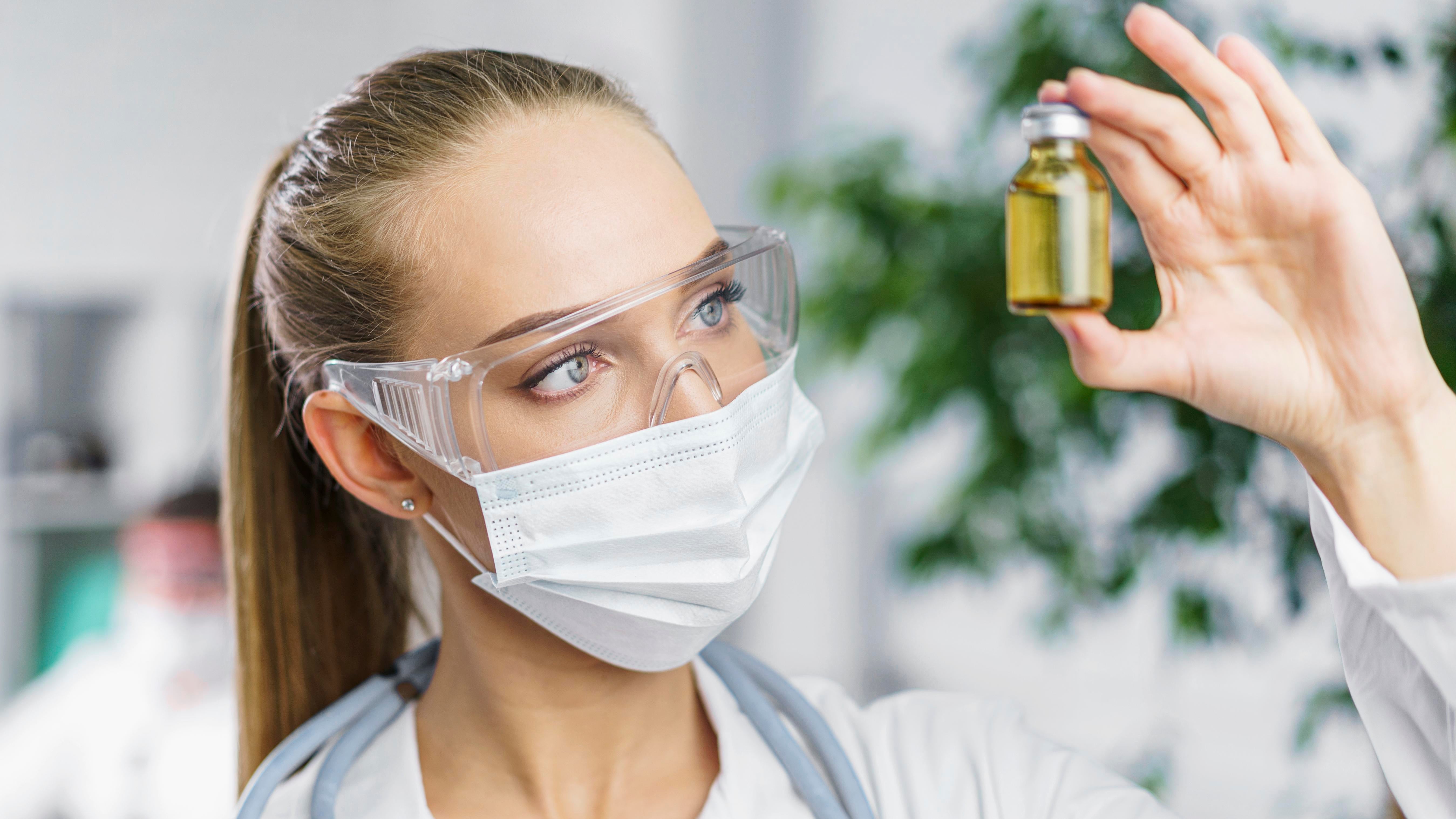


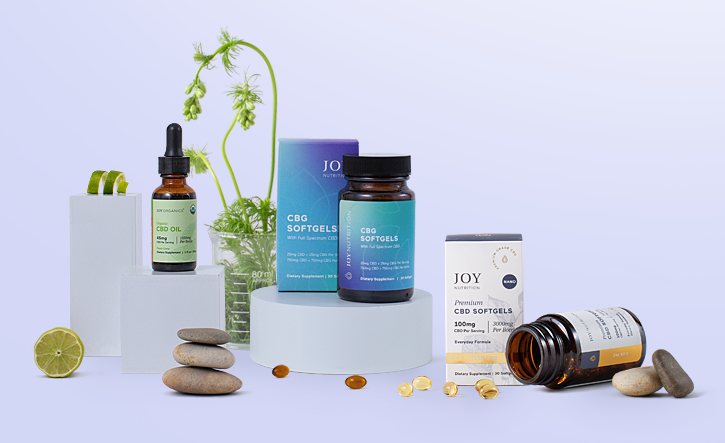


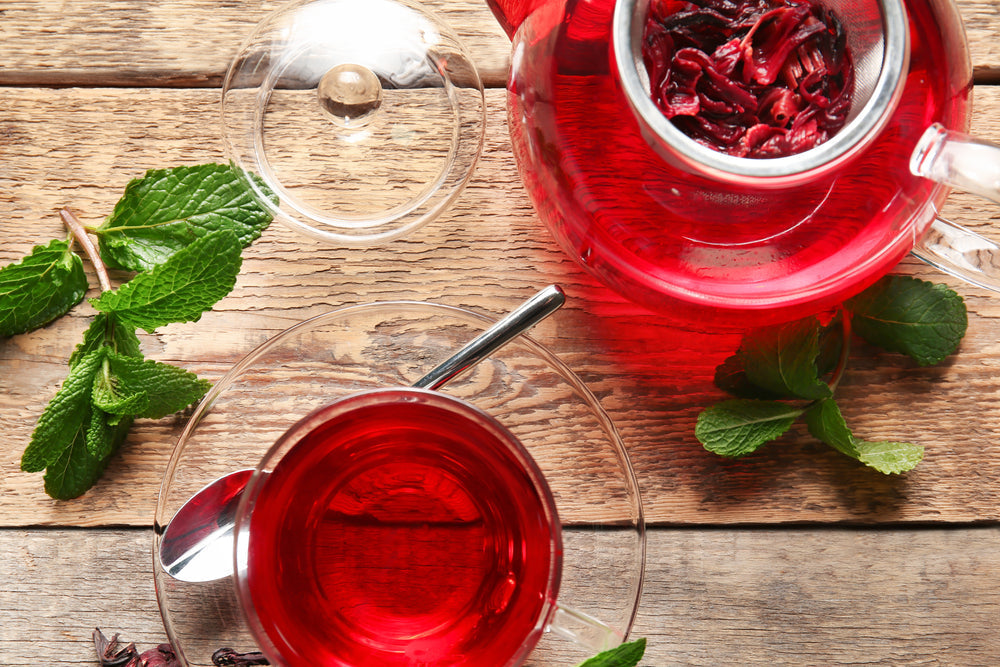




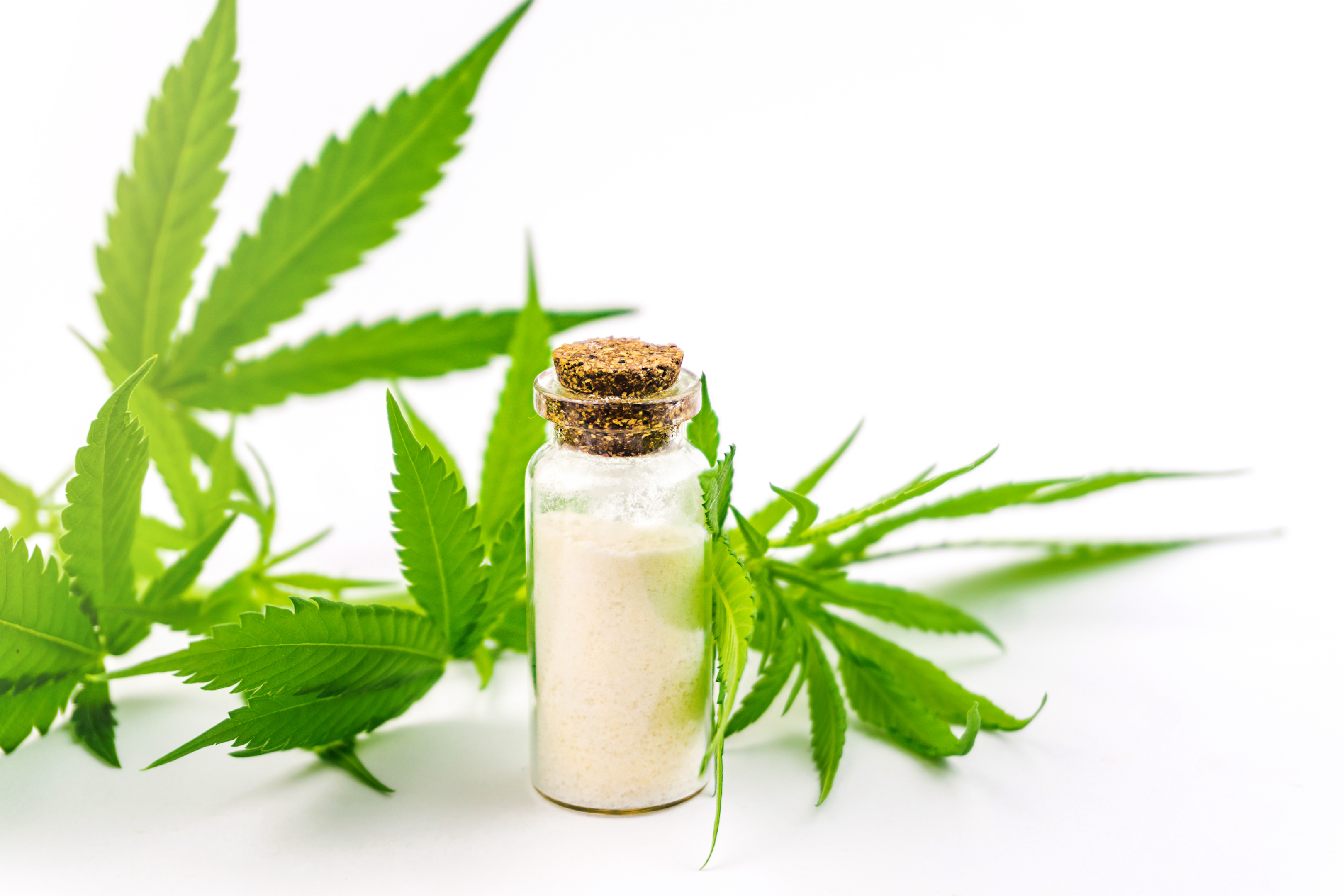
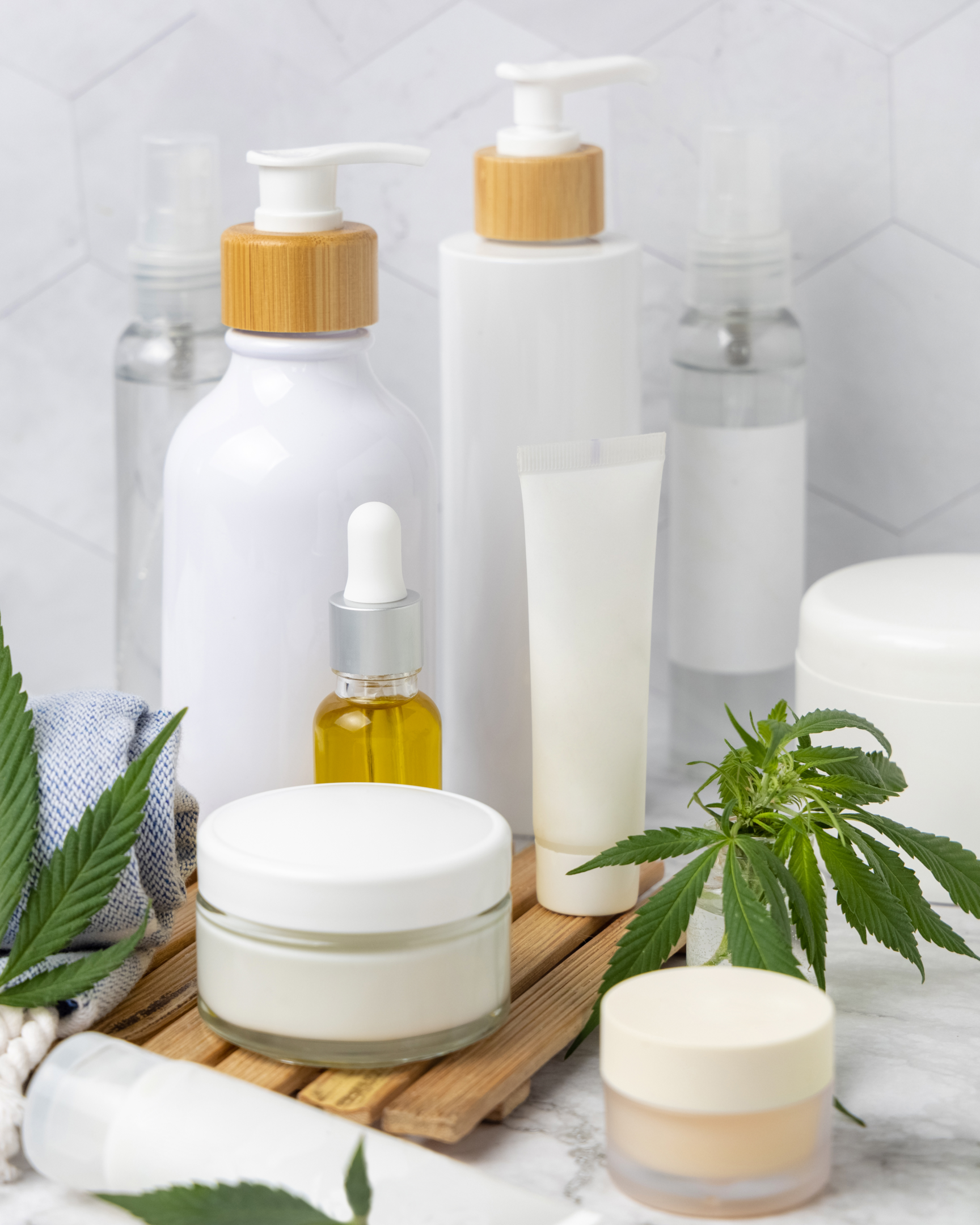
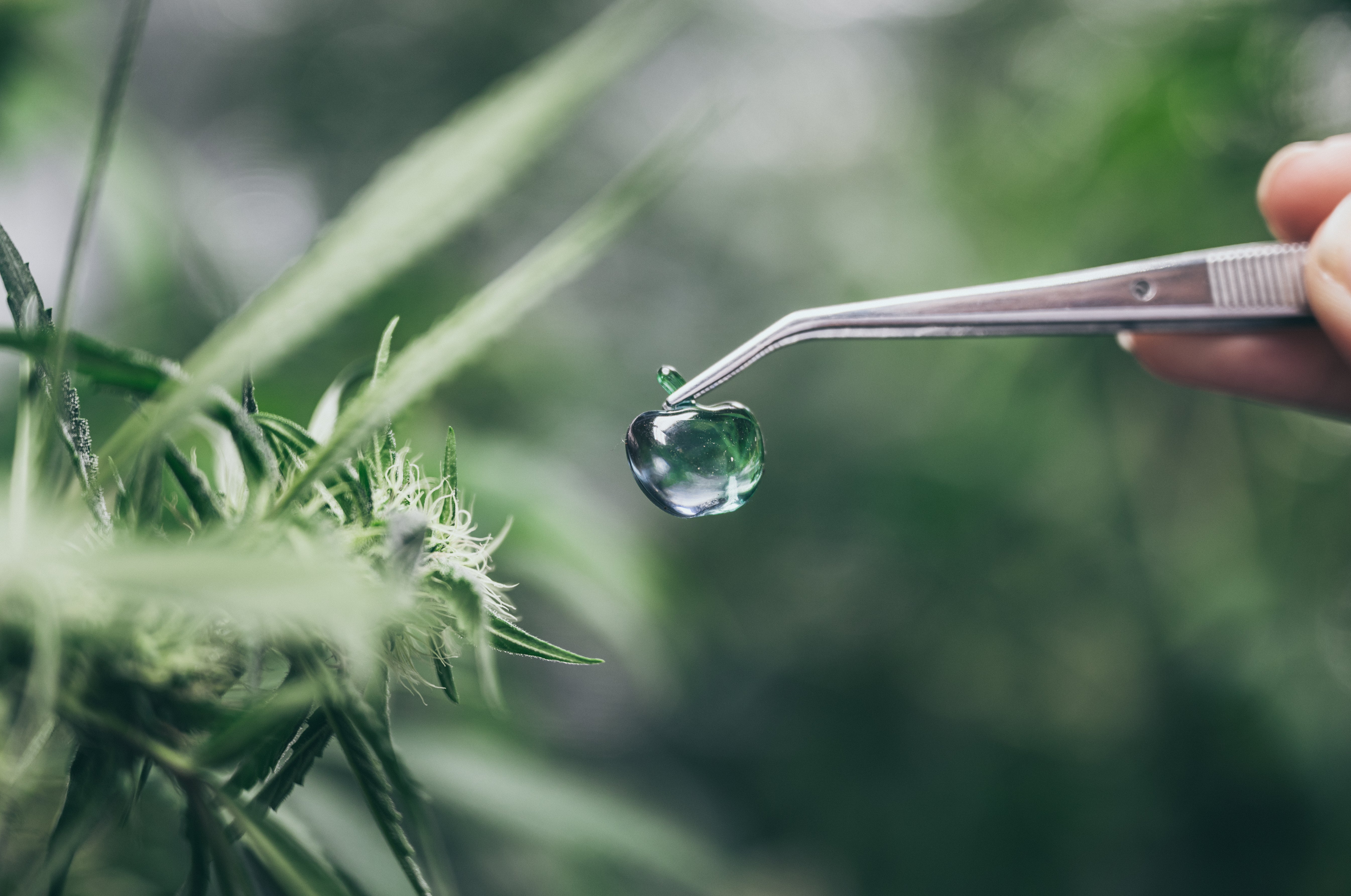
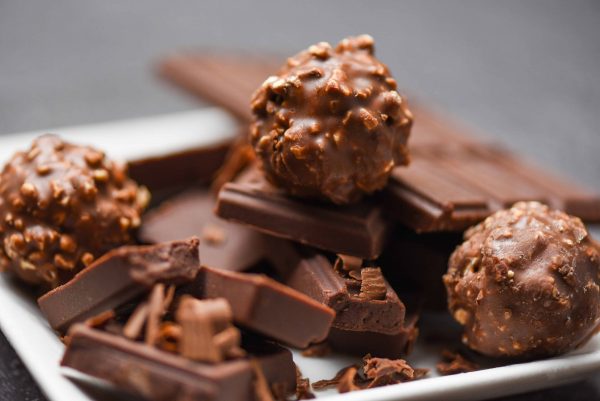
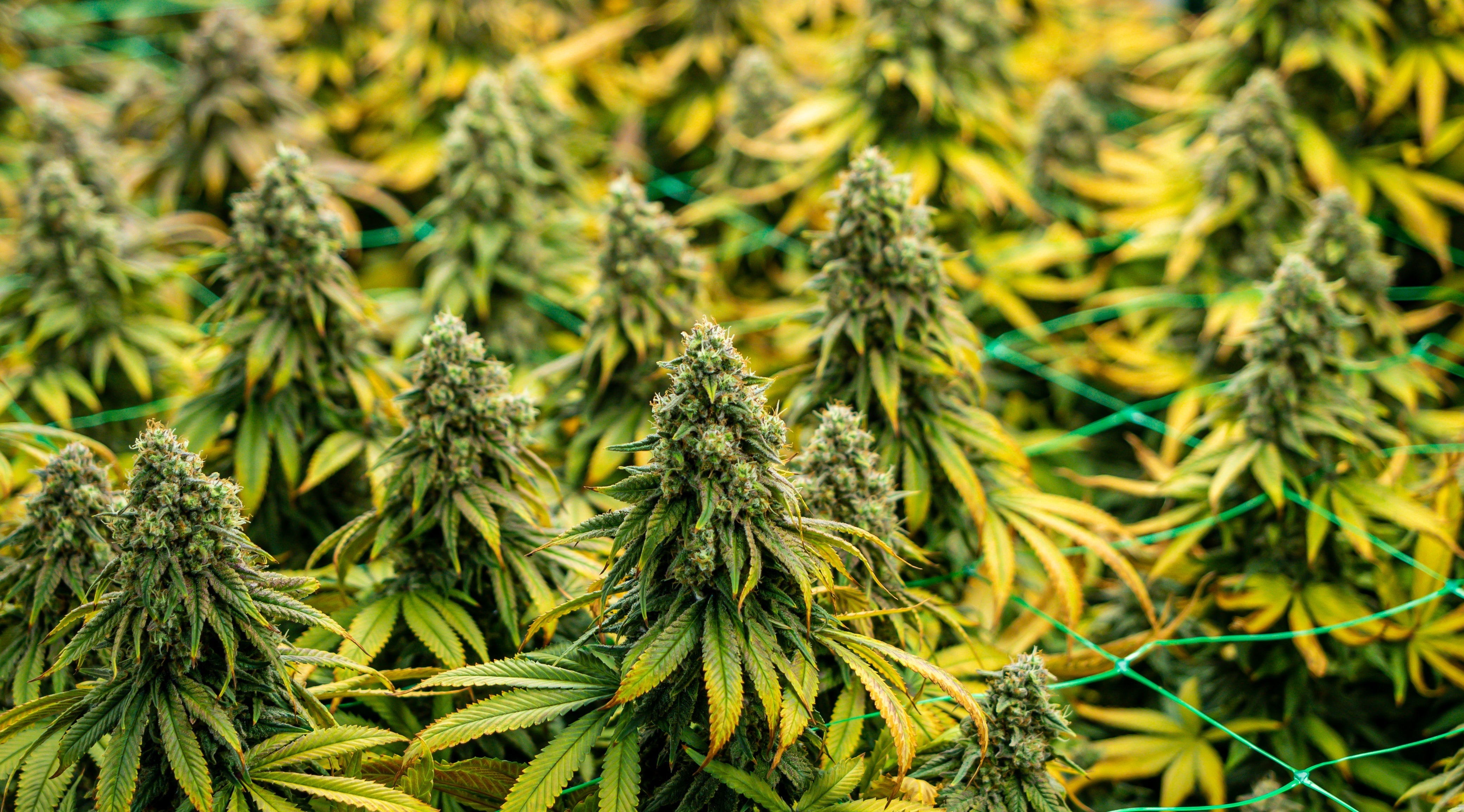
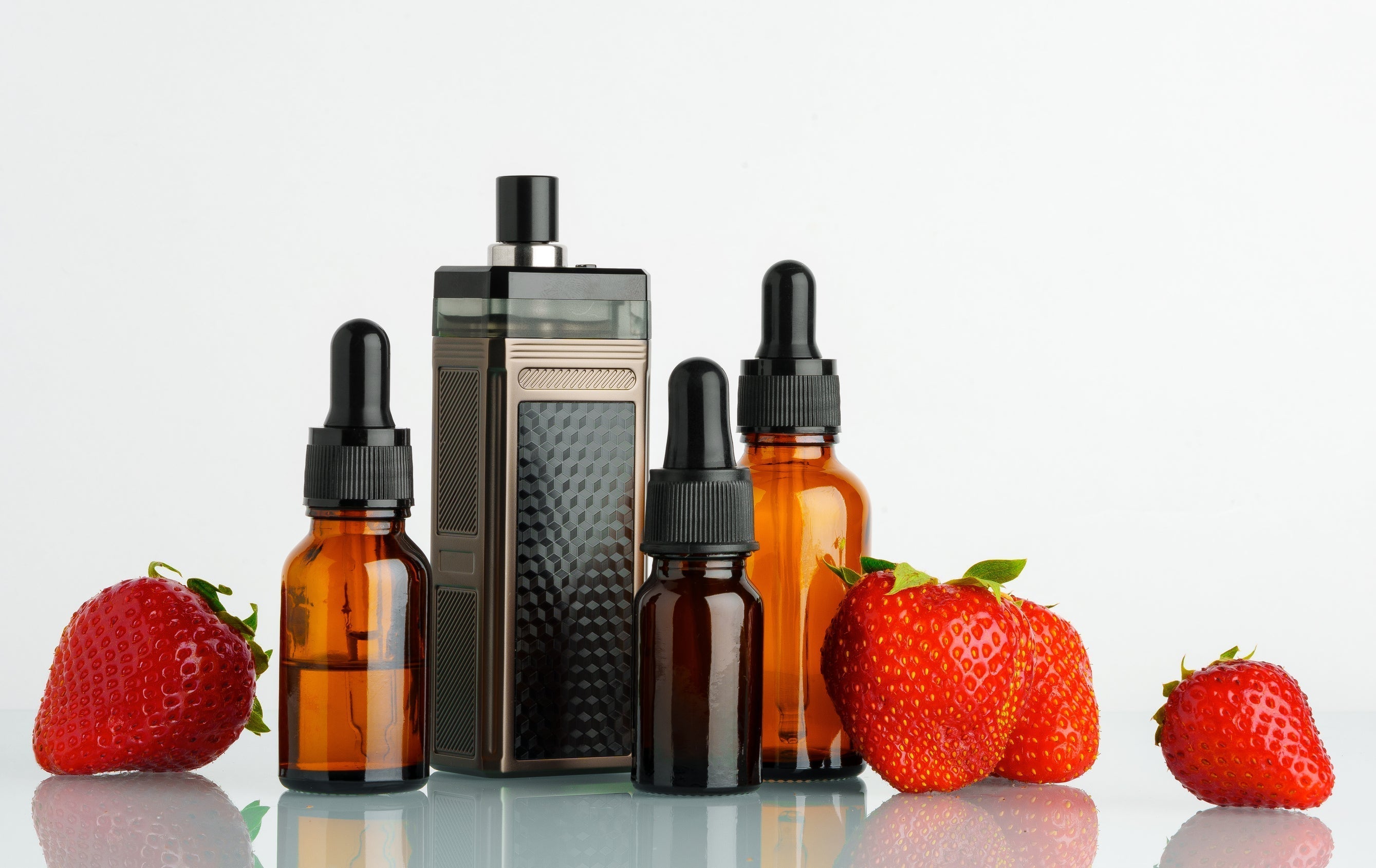

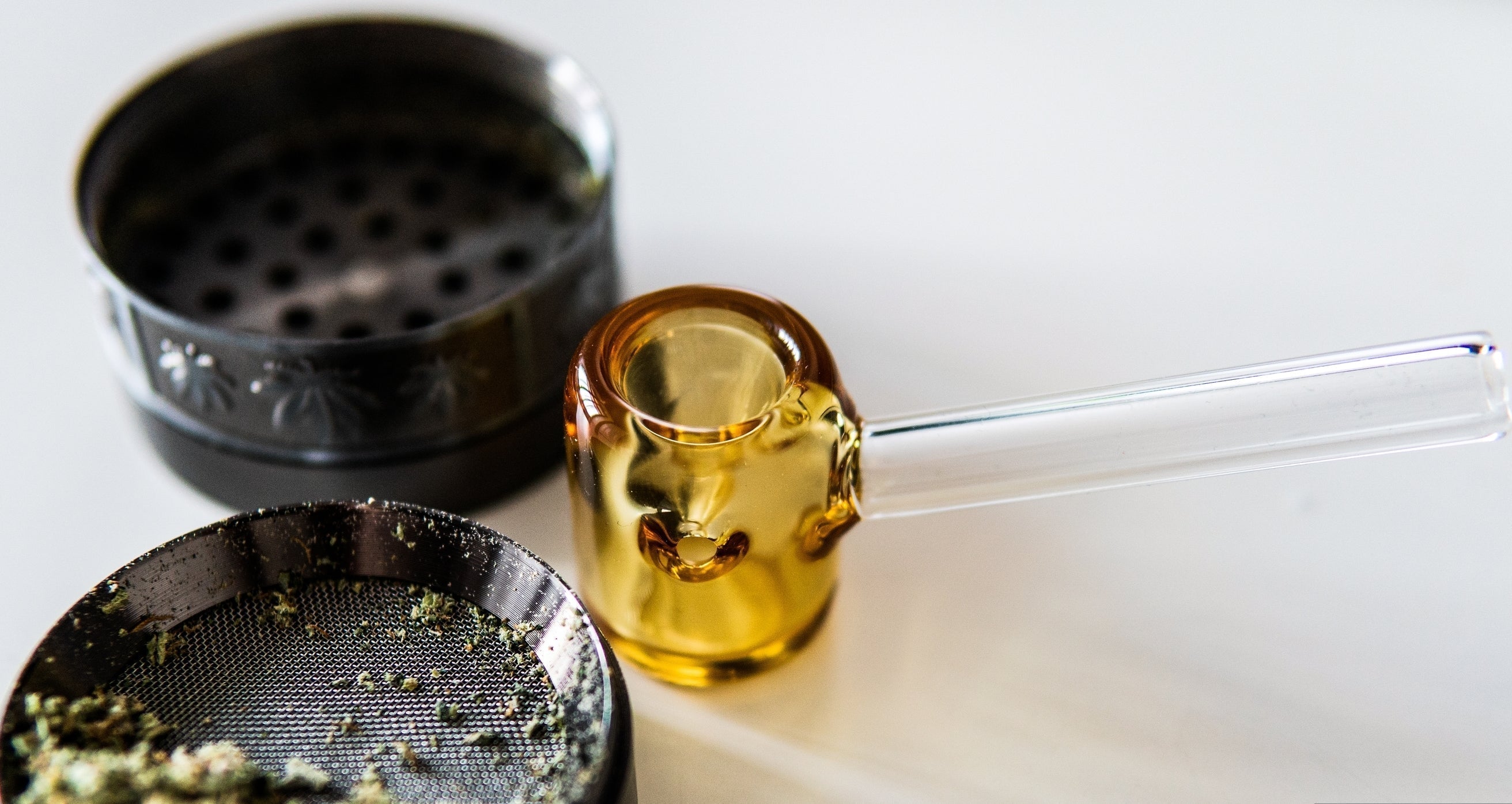
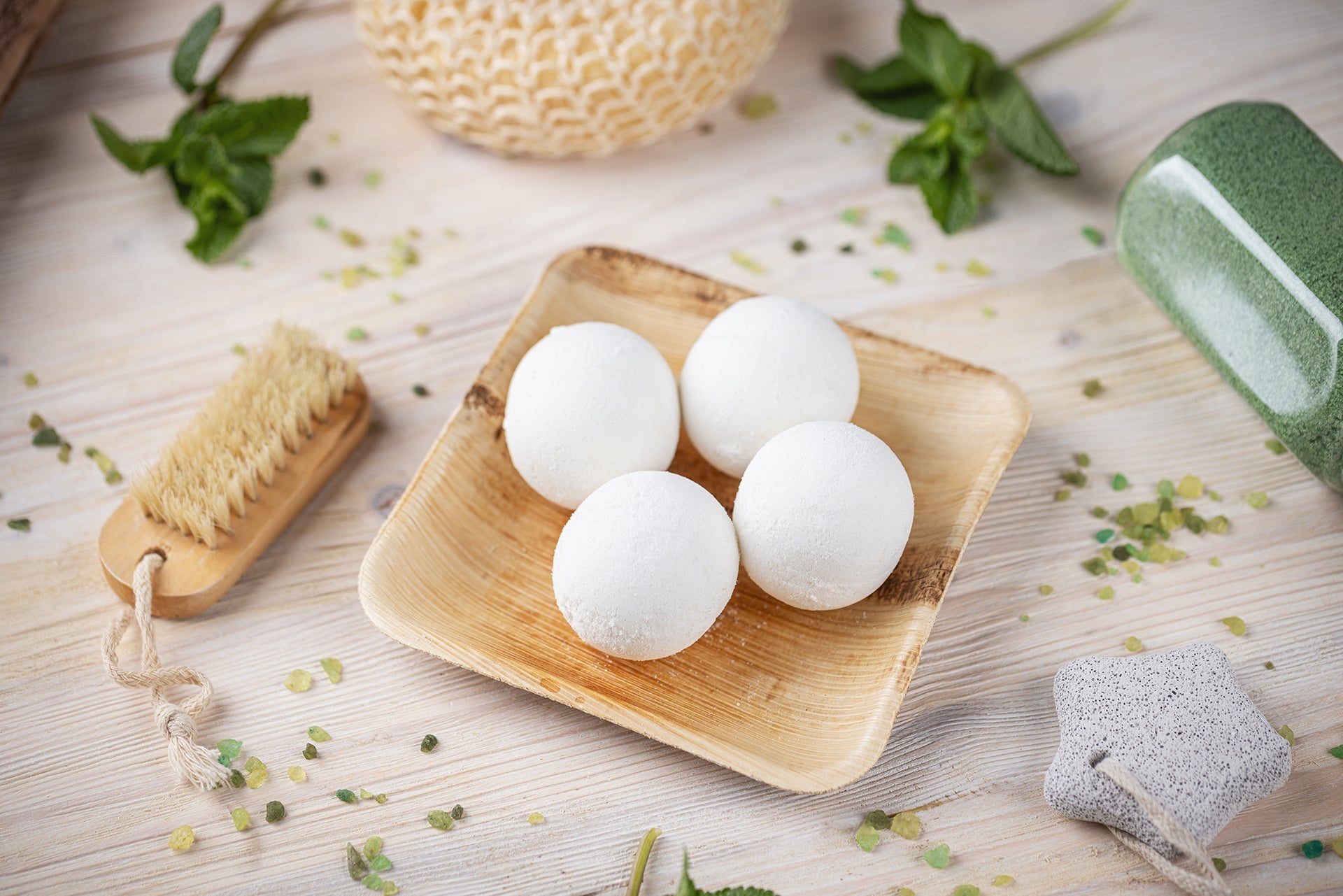
Join in on the Conversation
Your email address will not be published. Once your comment is approved, it will be published.